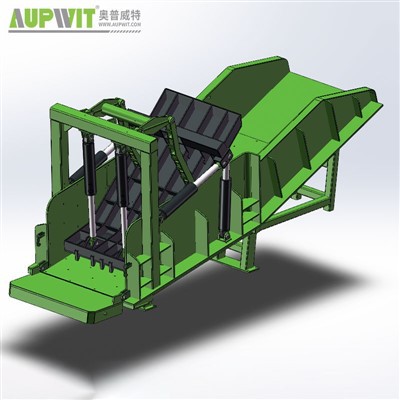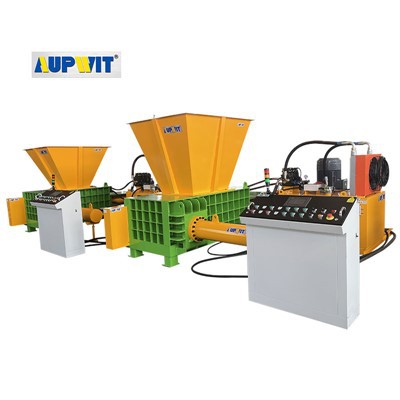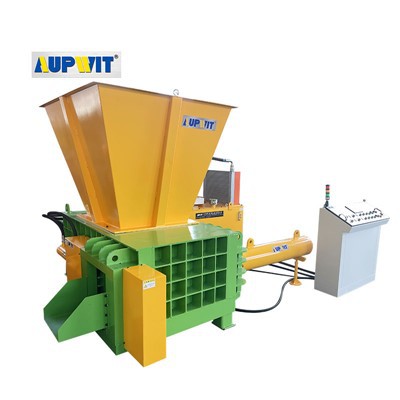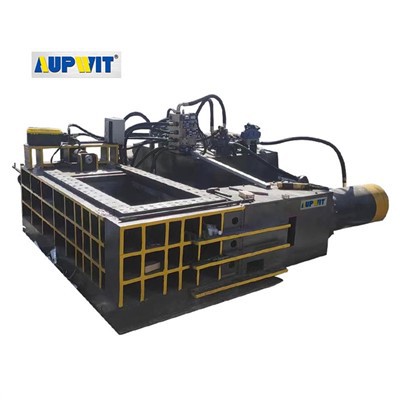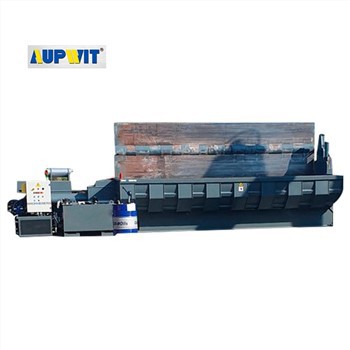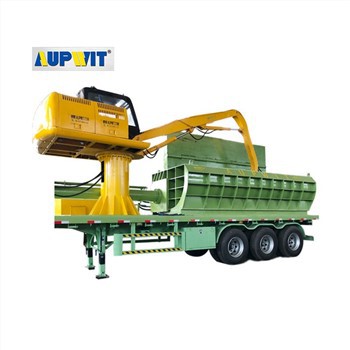Tire Baler Maintenance During Extended Downtime
Comprehensive guide to preserving functionality, preventing corrosion, and ensuring safe operation when restarted
1. Thorough Cleaning
Before storage, remove all debris, rubber scraps, and oil residue from the baler's interior and exterior:
- Use a stiff brush or compressed air to clean the compression chamber, conveyor belts (if applicable), and hydraulic components
- Pay special attention to tire remnants trapped in gaps or under rollers
- Clean grease and oil spills on the machine's surface (attracts dust and causes corrosion)
- Wipe down exterior surfaces with mild detergent, rinse and dry thoroughly to prevent rust
2. Lubrication and Rust Prevention
Lubricate all moving parts to protect against corrosion and seize during storage:
3. Electrical and Mechanical Checks
- Disconnect Power: Unplug electric balers. Remove/store batteries at 50-75% charge to prevent sulfation
- Secure Loose Parts: Tighten all bolts, nuts, and fasteners. Check belts for wear
- Test Safety Features: Ensure emergency stops, safety switches, and interlocks function properly
For storage over six months: loosen or remove belts to relieve tension
4. Environmentally Controlled Storage
Choose storage location carefully:
- Indoor Storage: Dry, ventilated shed/warehouse preferred
- Outdoor Alternative: Use weather-resistant tarp secured tightly
- Elevate on wooden pallets to protect against floor moisture
- Use desiccant packs in humid environments
- Avoid extreme temperatures that degrade rubber components and seals
5. Regular Inspections During Storage
Perform checks every 1-2 months:
- Visual inspections for rust, pests, or water leakage
- Operational checks (run baler 5-10 minutes without materials if possible)
- Maintain tarps and covers
6. Recommissioning Procedures
Before restarting after long-term storage:
- Recharge/replace batteries as needed
- Verify and replace hydraulic oil, coolant, and lubricants if contaminated
- Clean dust/debris accumulated during storage
- Run empty cycles to test all systems before processing tires


